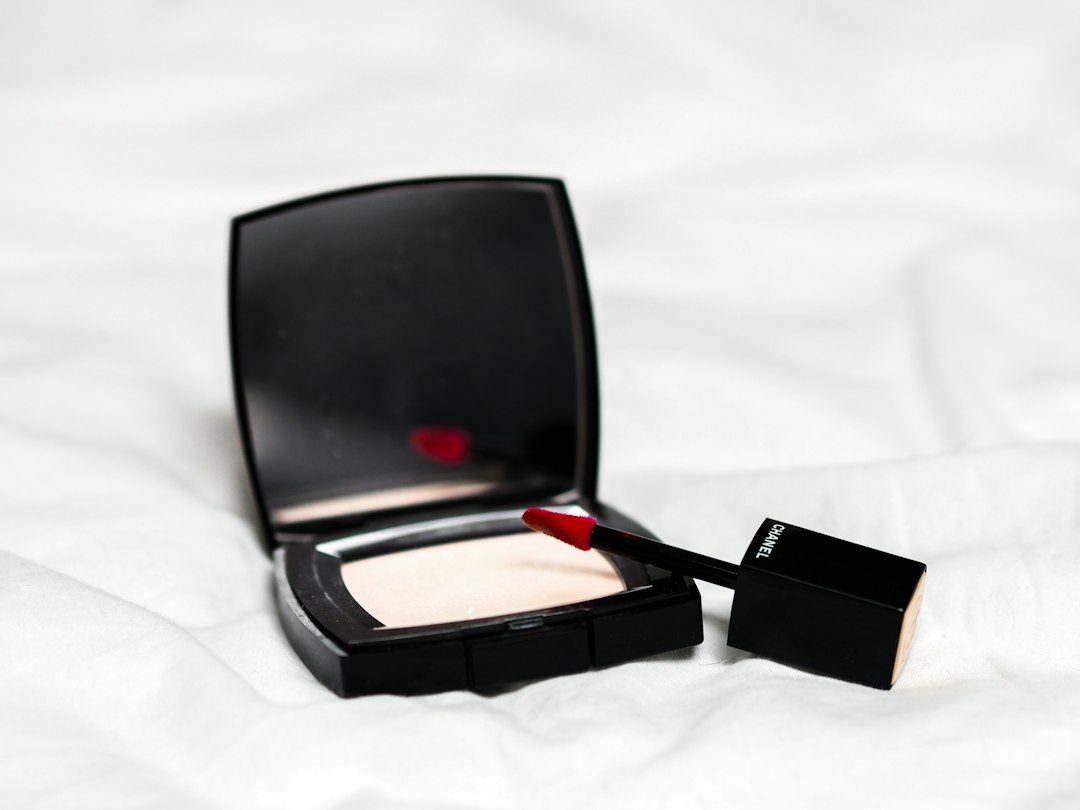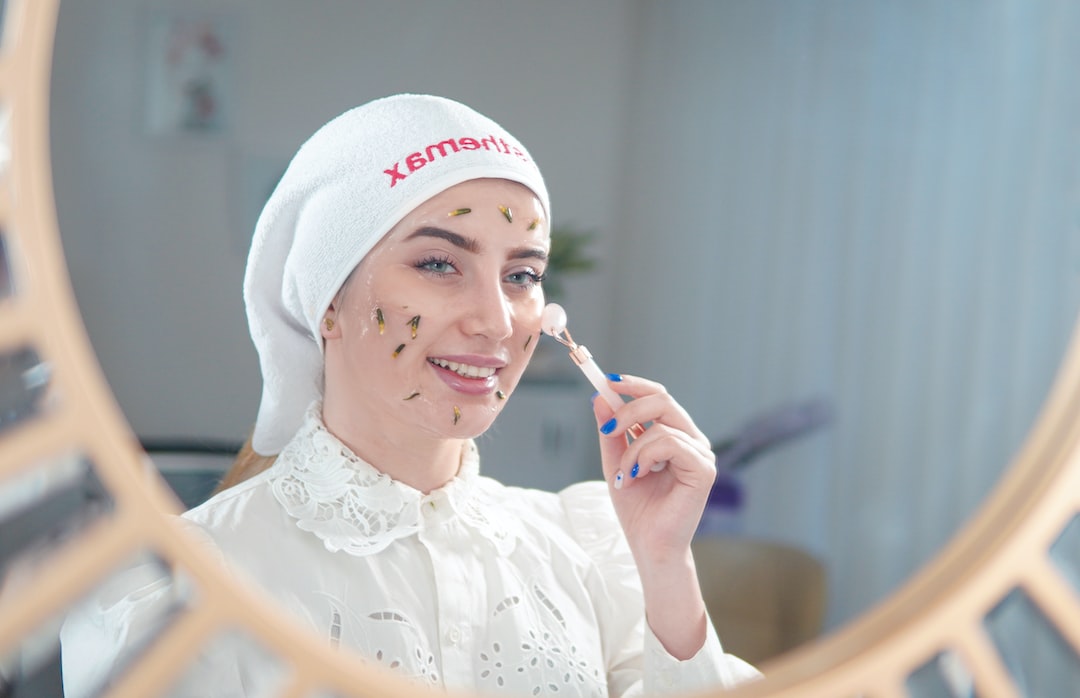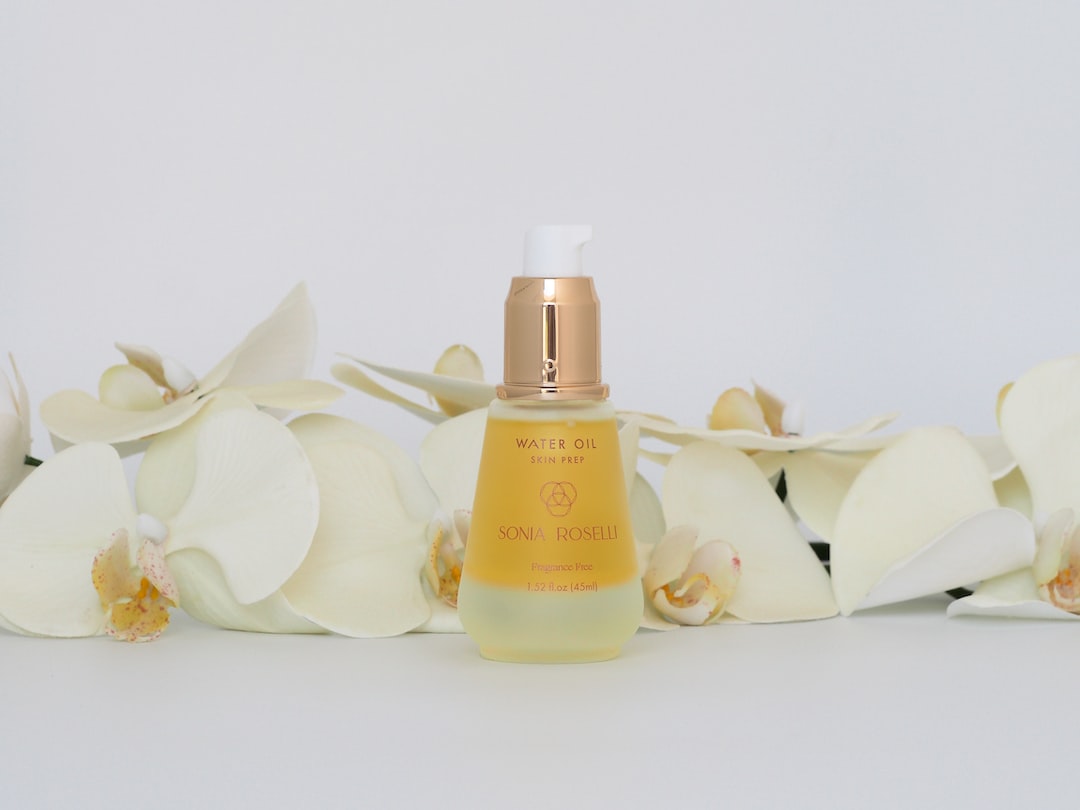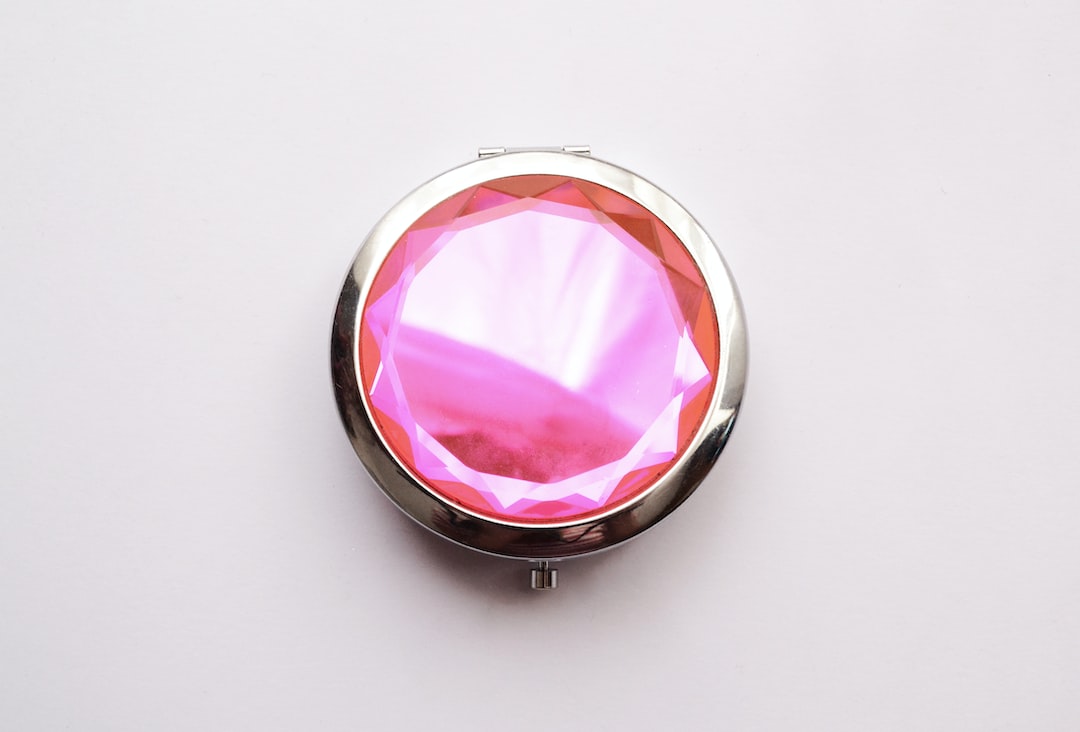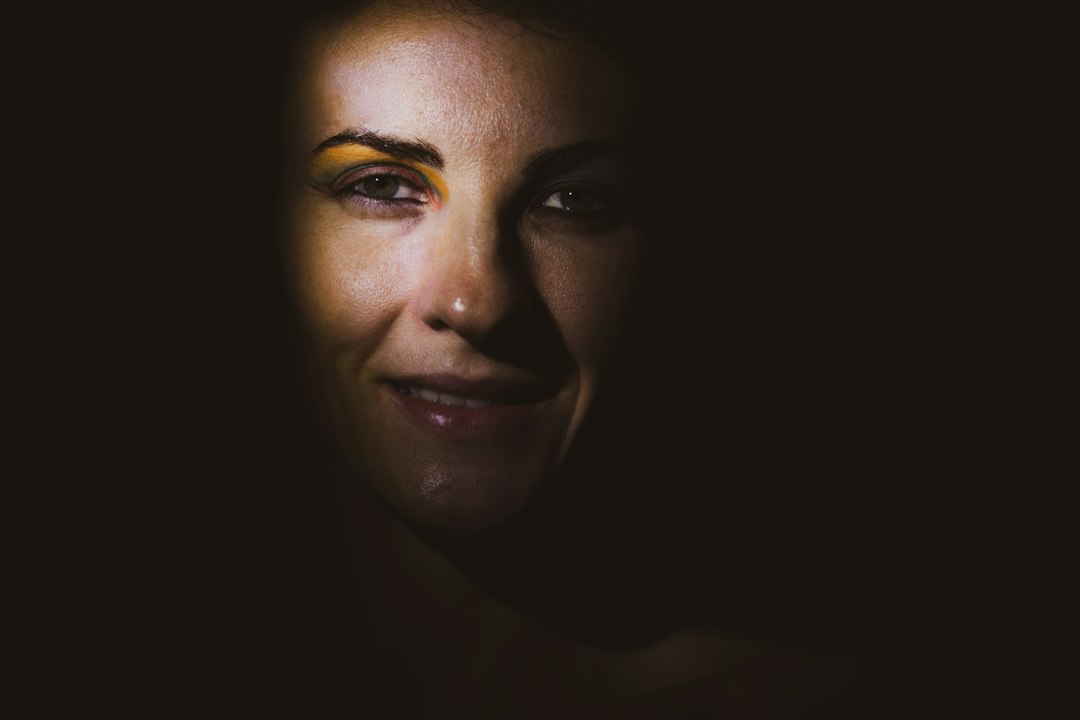Tattoos are a popular form of body art, but they are not always intended to be permanent. There are several reasons why individuals may want to remove or fade their tattoos. In this article, we will explore the different methods and techniques that can effectively pull ink out of the skin. Laser Tattoo Removal One […]
Tattoos have been a form of self-expression for centuries, with people using various colors and designs to convey their personal style and beliefs. However, not all colors are suitable for tattooing due to safety concerns and potential health risks. In this article, we will explore the colors that are banned or discouraged in tattoos and […]
Getting a tattoo is a big decision, and sometimes, people change their minds about the ink they once loved. If you have a color tattoo that you want to get rid of, you might be wondering how long the tattoo removal process takes. In this article, we will discuss the factors that affect the duration […]
Getting a tattoo is a big decision, and for some people, it can be a decision they later regret. Whether it’s due to a change in personal taste, a desire to remove the tattoo for professional reasons, or simply wanting a fresh start, the question of whether a tattoo can be completely removed is a […]
Color tattoos have become increasingly popular in recent years due to their vibrancy and ability to create intricate designs. However, when it comes to tattoo removal, color tattoos pose a greater challenge compared to their black and grey counterparts. In this article, we will explore why color tattoos are harder to remove and the factors […]
Hybrid brows have become increasingly popular in recent years, offering individuals the perfect combination of natural-looking eyebrows with the convenience of semi-permanent makeup. This article will explore the longevity of hybrid brows and factors that can influence their lifespan. Understanding hybrid brows Hybrid brows are a type of eyebrow enhancement that combines microblading and shading […]
Tattoos are a popular form of body art that can be a permanent addition to your skin. However, there are instances where individuals may want to have a tattoo removed. Whether it’s to make space for a new design or simply because they no longer resonate with the tattoo’s meaning, the process of tattoo removal […]

